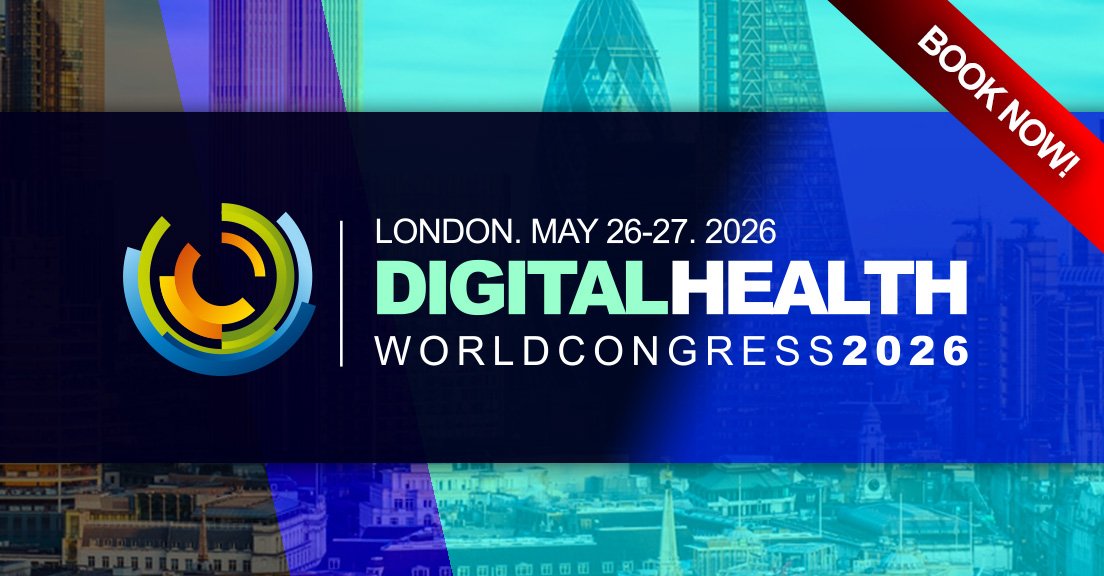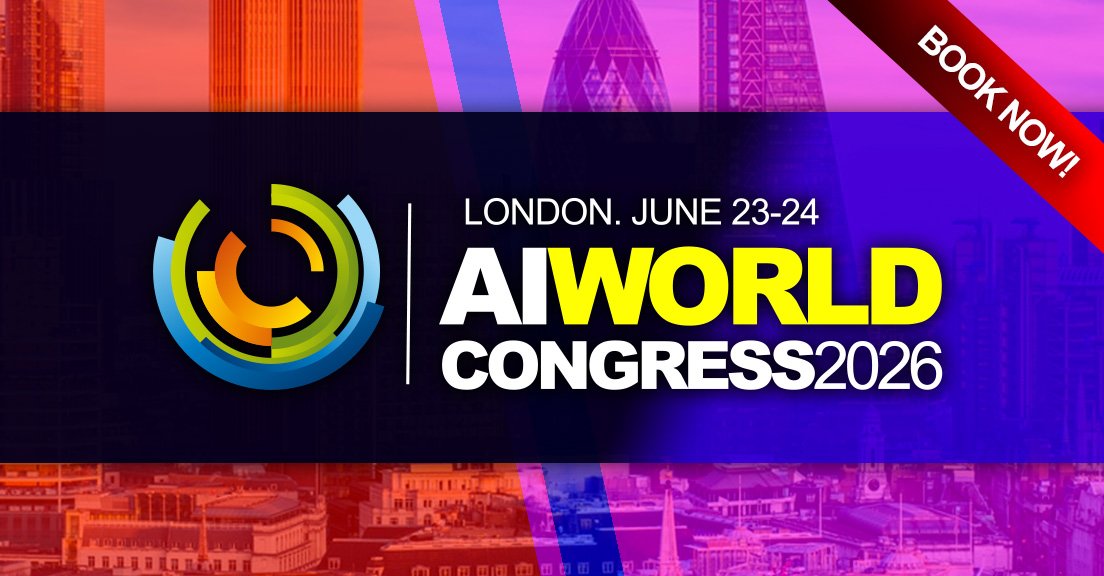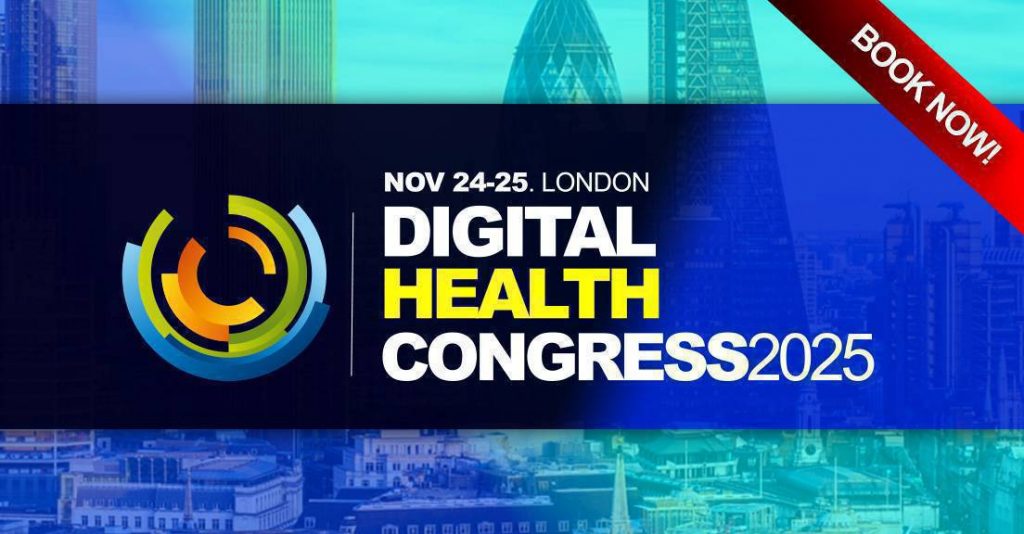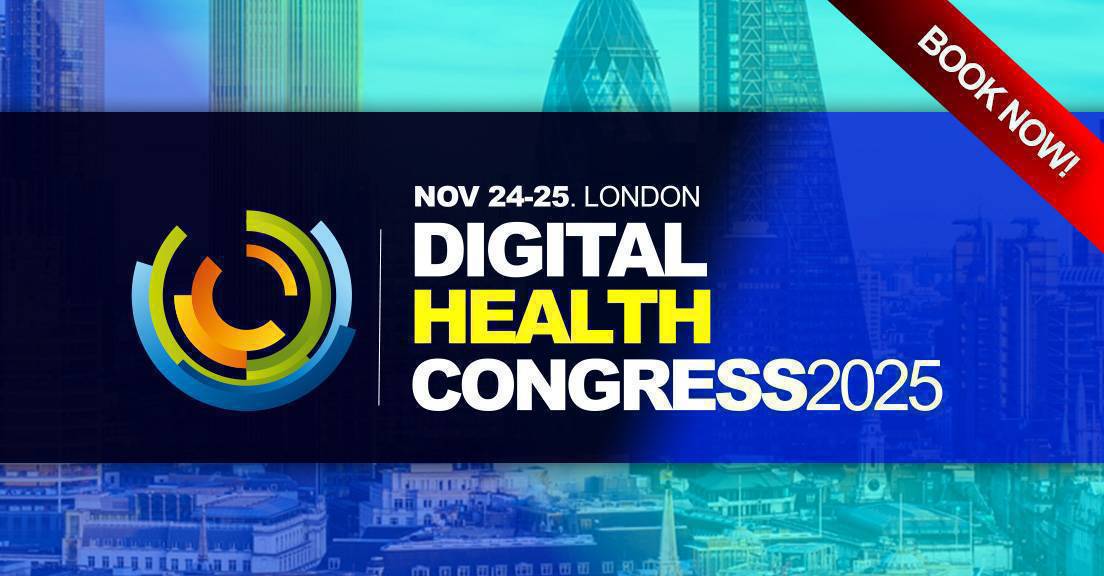

Introduction
Artificial Intelligence (AI) and Educational Technology (EdTech) are reforming the landscape of healthcare. From diagnostics through predictive analytics, patient monitoring to medical training, AI + EdTech are enabling faster, more precise, and more accessible care. In a world where diseases spread rapidly, health systems are pressured by aging populations, and the expectations of patients are increasing, these technologies matter not just because they can improve outcomes—but because they can transform entire healthcare ecosystems.
AI refers to machine learning, deep learning, computer vision, natural language processing, and related computational methods that allow machines to ‘learn’ from data and assist human decision-making. EdTech comprises tools — such as digital simulations, virtual training platforms, MOOCs, augmented / virtual reality (AR/VR), and interactive tools — used for education and training in health professions. Together, AI + EdTech allow clinicians, hospitals, and institutions to scale expertise, reduce errors, improve diagnostics, and train staff more efficiently.
Given this transformation, top global conferences become essential places to share innovations, collaborate, regulate, and adopt best practices. In 2025 and 2026, there are leading conferences in London, UK, Europe, the United States, China, Saudi Arabia, Brazil, Canada, Turkey, Germany, and Dubai/UAE that focus on AI in healthcare or digital health more broadly. These gatherings bring together hospitals, start-ups, academic bodies, policy makers, regulators and EdTech providers. They not only showcase AI tools in medtech, digital diagnostics, telehealth, personalized medicine, but also help shape governance, data privacy, ethical adoption, and global standards.
We begin with a flagship event: Digital Health World Congress 2025, London, Nov 24-25, before listing nine more across the regions named. Then, we’ll define how AI + EdTech enable transformation; provide practical examples; consider regional perspectives; and wrap up with conclusions and actionable insight.

What Do We Mean by AI in Healthcare Conferences?
AI + Healthcare refers to leveraging computational methods — machine learning, deep learning, generative AI, decision-support systems, computer vision, robotics, etc. — for diagnosis, treatment planning, medical imaging, operational efficiency, patient monitoring, predictive analytics, telehealth, etc. EdTech in healthcare means using digital tools for training, education, simulation, distance learning, clinical decision support, medical school training, continuous professional development etc.
Conferences that focus on AI in healthcare often include tracks on AI ethics; regulatory compliance; clinical trials; telemedicine; medical imaging; data privacy; wearable devices; and also intersections with EdTech such as VR simulation, AI tutors, AR/VR surgical training, and online platforms.
How AI + Healthcare Tools Enable Transformation
- Data & Analytics: AI models trained on large datasets (clinical, imaging, genomics) can detect patterns humans might miss. For example, AI image recognition in radiology or dermatology can flag anomalies earlier.
- Operational Optimization: Hospitals use AI for scheduling, resource allocation, predicting patient flow, reducing wait times, and optimizing supply chains.
- Personalised & Preventive Medicine: Machine learning can stratify patient risk, recommend individualized treatment, monitor chronic conditions remotely, or predict disease progression.
- Training & Simulation: EdTech tools powered by AI — simulation labs, virtual patients, AR/VR surgical training — help medical students and professionals to practise safely and at scale.
- Telehealth & Remote Monitoring: AI tools support remote diagnosis, wearables feeding real-time data, and EdTech facilitating remote instruction and consultation — vital for underserved regions or in pandemics.
These tools only work when supported by good governance (privacy, consent), regulatory oversight, clinical validation, and robust education for providers and patients. Conferences are central to disseminating new results, sharing best practices, forming collaborations among academia, industry, hospitals, governments, and EdTech providers.
Top 10 AI in Healthcare / Digital Health Conferences
Here is a curated list of 10 leading conferences / expos in 2025-2026 in the regions requested, beginning with the Digital Health World Congress 2025. For each: dates, location, link; focus / what to expect; examples of past or potential implementations by hospitals, institutions, or startups.
| # | Conference | Date / Location / Link | What to Expect / Focus | Examples of Implementation |
|---|---|---|---|---|
| 1. Digital Health World Congress 2025 | 24–25 November 2025, London, UK ‒ Digital Health World Congress | A major global event covering digital health, AI, medtech, telehealth, digital diagnostics, hospital IT, patient experience. | Hospitals in the UK/NHS have used past congress innovations to pilot AI-powered diagnostics (e.g. imaging) and roll out remote patient monitoring systems. Startups showcase AI/EdTech tools for workforce training, VR simulations. Institutions use it to engage policymakers about regulation. | |
| 2. Digital Healthcare Show 2025 | April 2025 (and planned for April 2026), ExCeL, London, UK ‒ Digital Healthcare Show EventsEye | Focus on digital transformation in healthcare: AI, decision-support systems, robotics, telehealth. | NHS Trusts, London hospitals have trialled AI tools for patient triage, telemedicine platforms; EdTech partners used to train staff on digital records, data security. Startups demo predictive analytics dashboards. | |
| 3. AI World Congress (Medical & Surgery Technologies) | Germany, late 2025 (approx. 26-28 Nov 2025) ‒ AI World Congress – Equipments & Technologies for Medical and Surgery EventsEye | Deep dive in medtech hardware + AI: imaging, diagnostics, lab tech, surgical robotics. | University hospitals and research institutes adopt AI diagnostic imaging; startups deploy robotics for surgery; some medtech firms partner with hospitals for co-development of AI-enabled diagnostic lab equipment. | |
| 4. “Data, AI, Precision, Innovation, For Pharma, Healthcare & Partners” USA | September 16, 2025, Philadelphia, PA, USA ‒ from EventsEye listing under Health Professionals trade shows. EventsEye+1 | Covers AI / precision medicine / data innovation in pharma & healthcare; a bridge between research, development, regulation. | Pharma companies using AI for drug discovery, clinical trial optimization; hospitals engaging in precision medicine genomics; startups using real-world data analytics to support outcomes. | |
| 5. AI in Health Conference 2025 | 22-25 September 2025, Houston, Texas, USA ‒ AI in Health Conference 2025 eventleaf.com | Research-oriented event: physical AI, therapeutics, AI in clinical research; combining engineering, health, entrepreneurship. | Academic institutions presenting AI model validation; hospitals collaborating on AI in treatment monitoring; startups demonstrating AI for modern therapeutics; EdTech components in research training. | |
| 6. Biomarkers & Precision Medicine US 2025 | 27-28 October 2025, San Francisco, CA, USA ‒ Biomarkers & Precision Medicine US oxfordglobal.com | Focus on biomarkers, spatial biology, digital pathology, AI in diagnostics. | Hospitals integrating AI pathology; biotech startups creating AI pipelines for spatial transcriptomics; EdTech seminars for pathologists, biomedical researchers. | |
| 7. World Digital Healthcare and AI Summit | 5-6 June 2025, Berlin, Germany ‒ World Digital Healthcare and AI Summit Luxatia International | Combines global healthcare leaders, AI innovations, digital health platforms, data privacy, wearable tech, etc. | European hospitals piloting AI wearables; startups showcasing telemedicine platforms; EdTech providers offering simulation tools; regulators engaging on GDPR and AI ethics. | |
| 8. MEDICA (Germany) | Annual trade fair in Düsseldorf, Germany (November 2025 or around) with “AI & genAI in medicine: the future of healthcare” track. ‒ MEDICA trade fair – AI track MEDICA | One of the largest global medtech expos; live demonstrations, startups, regulatory focus, diagnostic innovations. | Hospitals evaluating AI tools; medtech manufacturers launching AI-enabled devices; EdTech workshops around med-device training. | |
| 9. Digital Health / Health AI in China / Asia | — Note: specific AI-health trade shows in China etc. Not clearly found in the Eventseye list with full AI focus by date & region for 2025-26. (Further research needed to identify exact names, dates.) | However, China hosts large expos in medical imaging, digital health, AI, often aligned with government policy on “Healthy China” and innovation. | Hospitals in China integrating AI diagnostics; EdTech platforms for remote training; startup incubation encouraged by government. | |
| 10. Middle East / UAE / Saudi AI in Healthcare | — Similarly, specific “AI in Healthcare” events in Dubai / Saudi for 2025-26 need more precise naming and dates. For example, Arab Health in Dubai sometimes includes AI tracks. | These events bring together hospitals, ministries of health, medtech vendors with focus on AI adoption, regulation, workforce training. | Health authorities piloting AI screening, telemedicine; startups from the region; EdTech for upskilling clinical staff. |
Note: Because the Eventseye “Health Professionals” category lists many trade shows that are health/digital health/medtech-adjacent, but not all explicitly branded “AI / Healthcare / Digital Health + AI”, in some cases event names and tracks are inferred from their descriptions (e.g. “Knowledge Based Systems & Artificial Intelligence,” “Decision Helping Tools” etc.). Dates and links are as per Eventseye and other credible sources.
Practical Examples of AI + Healthcare / Medtech Implementation
Here are 4-5 concrete examples of how hospitals, institutions, and startups are implementing AI + Healthcare + MedTech + EdTech in different settings. These illustrate what will be discussed or showcased in the conferences.
-
AI-Powered Medical Imaging Diagnostics
Hospitals in Germany, UK, and the US are deploying deep learning models to analyse radiology and pathology images. For example, AI systems detect lung nodules in CT scans, or flag malignant vs benign lesions in histopathology. Startups partner with hospitals to validate models clinically and integrate them into PACS (Picture Archiving and Communication Systems). Conferences like MEDICA or AI World Congress in Germany provide platforms for these systems to be displayed and acknowledged by regulators. -
Wearables and Remote Patient Monitoring
In the UK and Europe, remote monitoring using AI-augmented wearables for chronic conditions (like heart failure or diabetes) is increasingly common. Predictive models alert clinicians of deteriorations. EdTech tools are used to train both patients and health professionals in device usage and data interpretation. Startups present these at events like Digital Health World Congress or World Digital Healthcare & AI Summit, enabling scaling. -
AI in Drug Discovery and Precision Medicine
In US events like Biomarkers & Precision Medicine US, and “Data, AI, Precision, Innovation” in Philadelphia, pharma companies and biotech startups are using AI to speed target discovery, design clinical trials, model patient stratification, and reduce costs. Using real-world data (RWD), spatial biology, AI pathology, and meta-analysis are frequent themes. These are backed by EdTech modules – training programmes, workshops for bioinformaticians and lab scientists. -
Telehealth, Virtual Care and EdTech for Training
Especially relevant in regions with geographic constraints (e.g. large rural areas in Brazil, Canada, Saudi Arabia), hospitals and health ministries are adopting AI tools for teletriage, remote diagnostics, and chatbots. EdTech platforms deliver virtual training for health workers, including simulation apps, AR/VR. Startups often exhibit such solutions. Conferences provide regulatory and funding visibility; for instance, in US or Europe, securing CE or FDA approval, or government contracts. -
Operational AI inside Hospitals
Use of AI for optimizing hospital operations: predicting patient admissions (to manage beds), optimizing surgery scheduling, supply chain logistics, staffing. For example, in London hospitals with NHS, AI helps forecast peak demands. EdTech helps train administrators in using those tools. Conferences offer case studies from leading institutions, showing ROI, change management, challenges of data governance.
Regional Perspectives (UK & Europe; US; India; China; Dubai/UAE)
Here we compare how the adoption, challenges, and conference landscapes differ by region.
UK & Europe
UK & Europe are strong in regulation, academic research, public health systems (e.g. NHS, EU health bodies). GDPR, AI Act, medical device regulation provide both constraints and frameworks. Conferences in London and Germany are frequent, with rich content in clinical validation, precision medicine, telehealth, EdTech for training. Hospitals tend to move more cautiously, emphasizing patient safety and evidence. EdTech is often integrative — simulation, virtual reality, continuous professional development.
United States
In the US, there is high investment, a vibrant startup ecosystem, strong pharma / biotech industries. FDA pathways, real-world evidence, reimbursement models are major topics. Conferences often have strong translational research, combining AI in diagnostics, drug discovery, and digital therapeutics. EdTech is often via academic medical centres or biotech firms; training for clinicians around AI tools is growing.
India
While not fully among your requested regions (but relevant globally), India has rapidly growing demand: telemedicine, AI diagnostics (e.g. for radiology / dermatology), scalable EdTech for training health workers in remote areas. Regulatory clarity is evolving. Conferences often bring together local startups with global partners. China’s model often involves government policy support, large scale deployment, but data privacy or regulation may lag compared to Europe.
China
China is pushing AI in healthcare aggressively. Large national strategies, integrated health data systems, large scale hospital deployments of AI diagnostics and telehealth. EdTech is also big: online learning platforms, virtual hospitals, remote training. Conferences in China (often medical imaging, digital health) highlight scale, government-industry collaborations. Regulation is gradually catching up in terms of ensuring safety, ethics, and generalisation of AI tools.
Dubai / UAE / Middle East
The UAE and Saudi Arabia are striving to become leaders in digital health AI. Governments provide funding, regulatory sandboxes, innovation zones. Hospitals in Dubai already pilot AI systems; public health authorities use predictive modelling, telehealth, EdTech for workforce upskilling. Conferences here often have strong focus on adoption, procurement, regulation, ethics, and attracting global vendors. These are newer markets relative to US/Europe but often move fast due to centralised decision making and high policy priority.
Conclusion
AI combined with EdTech is not just a trend in healthcare—it is a global imperative. The coming years (2025-2026) will see transformative technologies moving from labs into hospitals, from pilots into mainstream deployment, and from isolated training modules into integrated, lifelong learning systems for healthcare professionals. Conferences like Digital Health World Congress, MEDICA, Biomarkers & Precision Medicine US, and others will play a key role in this transformation by fostering innovation, regulatory clarity, public-private partnerships, and scaling of successful AI-based healthcare solutions.
For institutions, startups, hospitals, and policymakers, staying engaged with these global events is not optional; it is essential to ensure quality, safety, equity, and impact. Whether you are developing AI diagnostic tools, telehealth platforms, wearable devices, or immersive training solutions via EdTech, these venues provide opportunity to showcase, to learn, to partner, and to be seen.
Call to Action: If you are working in AI, healthcare, or EdTech, plan now to attend or present at one of these top conferences in 2025-26. Engage with peers, submit papers or solutions, and stay informed about the latest in regulation and deployment. The global health outcomes of tomorrow depend on what we do today.
Bibliography / References
- “Digital Healthcare Show 2025.” EventsEye. Retrieved from https://www.eventseye.com/fairs/f-digital-healthcare-show-31278-1.html EventsEye
- “AI World Congress – Equipments & Technologies for Medical and Surgery.” EventsEye. Retrieved from https://www.eventseye.com/fairs/dst1_trade-shows_november_0_equipments-technologies-for-medical-and-surgery.html EventsEye
- “Data, AI, Precision, Innovation, For Pharma, Healthcare & Partners” ‒ EventsEye listing USA (Philadelphia) EventsEye+1
- “AI in Health Conference 2025.” Conference listing, Houston, Texas, USA. Retrieved from https://www.eventleaf.com/e/aihealthconference25 eventleaf.com
- “Biomarkers & Precision Medicine US 2025.” Oxford Global. Retrieved from https://oxfordglobal.com/precision-medicine/events/biomarkers-precision-medicine-us oxfordglobal.com
- “World Digital Healthcare and AI Summit 2025.” Berlin, Germany. Retrieved from https://www.luxatiainternational.com/product/world-digital-healthcare-and-ai-summit Luxatia International
- “MEDICA – AI & genAI in medicine: the future of healthcare.” MEDICA trade fair. Retrieved from https://www.medica-tradefair.com/en/Visit/Hot_Topics/ai-genai MEDICA
Internal linking:
- AI → AI Market Trends
- EdTech → EdTech Conferences London
FAQ Schema (JSON-LD)
{ “@context”: “https://schema.org”, “@type”: “FAQPage”, “mainEntity”: [ { “@type”: “Question”, “name”: “Why attend AI in Healthcare conferences in 2025-2026?”, “acceptedAnswer”: { “@type”: “Answer”, “text”: “AI in Healthcare conferences are essential to stay updated on innovations, regulation, best practices, networking, and opportunities for collaboration between hospitals, universities, startups, and policymakers.” } }, { “@type”: “Question”, “name”: “How do AI + EdTech improve medical training and patient outcomes?”, “acceptedAnswer”: { “@type”: “Answer”, “text”: “AI tools can provide decision-support, predictive analytics, diagnostics; EdTech enables simulation, virtual training, remote learning. Combined they help medical staff learn more effectively, reduce errors, and improve patient care.” } }, { “@type”: “Question”, “name”: “What regions are most active in hosting AI in Healthcare conferences, and what are their strengths?”, “acceptedAnswer”: { “@type”: “Answer”, “text”: “UK & Europe lead in regulation, evidence and public health systems; US excels in translation, funding, precision medicine; China in large scale deployment; Middle East/UAE/Saudi in fast adoption and government support; others like Brazil and Canada growing in telehealth and remote education.” } } ] }HowTo Schema (JSON-LD)
{ “@context”: “https://schema.org”, “@type”: “HowTo”, “name”: “How to Select and Benefit From AI in Healthcare Conferences”, “step”: [ { “@type”: “HowToStep”, “name”: “Identify your goals”, “text”: “Define whether you want to present research, find partnerships, learn regulatory frameworks, gain exposure for EdTech tools, or discover new AI solutions.” }, { “@type”: “HowToStep”, “name”: “Choose events by region and theme”, “text”: “Select conferences that are strong in your region or in the topics you care about—e.g. diagnostics, precision medicine, telehealth, AI ethics.” }, { “@type”: “HowToStep”, “name”: “Prepare in advance”, “text”: “Submit abstracts or demo proposals early; schedule meetings; ensure you understand regulations relevant to your region.” }, { “@type”: “HowToStep”, “name”: “Engage during the event”, “text”: “Attend workshops, panels, networking sessions. Collect feedback, learn from case studies, explore vendor booths.” }, { “@type”: “HowToStep”, “name”: “Follow up and integrate learning”, “text”: “After the conference, implement pilot projects, adapt tools seen, train staff via EdTech platforms, evaluate outcomes, share insights.” } ] }BreadcrumbList Schema
{ “@context”: “https://schema.org”, “@type”: “BreadcrumbList”, “itemListElement”: [ { “@type”: “ListItem”, “position”: 1, “name”: “Home”, “item”: “https://yourwebsite.com/” }, { “@type”: “ListItem”, “position”: 2, “name”: “Global AI in Healthcare Resources”, “item”: “https://yourwebsite.com/ai-in-healthcare” }, { “@type”: “ListItem”, “position”: 3, “name”: “Top AI Healthcare Conferences 2025-2026”, “item”: “https://yourwebsite.com/top-ai-healthcare-conferences-2025-2026” } ] }Article Schema Metadata
{ “@context”: “https://schema.org”, “@type”: “Article”, “headline”: “List of World’s Top 10 AI in Healthcare Conferences in 2025 and 2026 in London, UK, Europe, US, China, Saudi, Brazil, Canada, Turkey, Germany and Dubai UAE”, “description”: “A guide to the top AI in Healthcare conferences globally in 2025-2026, with dates, locations, examples of use, and regional insights. Includes Digital Health World Congress 2025 and major events across UK, Europe, USA, Germany, China, UAE etc.”, “datePublished”: “2025-09-22”, “author”: { “@type”: “Person”, “name”: “Your Name or Organization” }, “publisher”: { “@type”: “Organization”, “name”: “Your Organization”, “logo”: { “@type”: “ImageObject”, “url”: “https://yourwebsite.com/logo.png” } }, “mainEntityOfPage”: “https://yourwebsite.com/top-ai-healthcare-conferences-2025-2026” }












